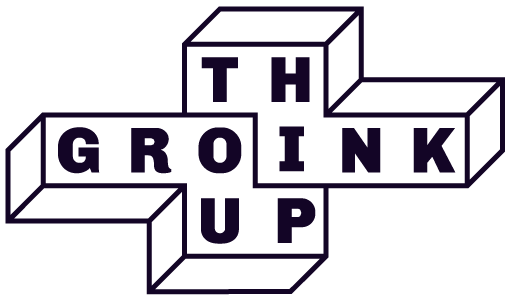7 highlights from our chat with Rory Sutherland, author of ‘Alchemy’
For this Lazy Book Club, we spoke with Rory Sutherland, Vice-Chairman of Ogilvy UK and author of the excellent book Alchemy.
The book is all about using unconventional ideas (“ideas that don’t make sense”) to get better results in business and all sorts of marketing.
Here are 7 things we learned from our conversation.
1. In theory, marketing shouldn’t exist
Economics is hopelessly inadequate for explaining behaviour. The standard economic model, taught in business school, assumes perfect knowledge and trust. In that world, marketing wouldn’t need to exist. Yet, here we are.
2. Look for the bottlenecks
We should optimise customer journeys from the end backwards. If there’s a repeat purchase bottleneck, there’s no point optimising the conversion. If there’s a conversion bottleneck, there’s no point optimising the advertising.
3. Perceived value is real value
There are more psychological barriers to decision-making than pure physical barriers. If you change the context, narrative or competitive set, you create value in the human head. Sky’s TV package sounds expensive until you realise it can be cheaper than buying the newspaper every day.
4. The risk of being non-obvious
If you suggest something that is counter-intuitive, the appetite for it is usually very low. Because if a non-obvious approach works well, it’s likely you won’t get the industry recognition you deserve. But if it fails, it’s likely you will get the blame.
5. You can fail most of the time
You can afford to fail a lot of the time, as long as one success offsets the rest. Whenever possible, make lots of small bets that might offer disproportional results. VCs understand this well. Marketing people, not so much.
6. Complex trumps complicated
There are four ways to see the world. The simple: if this, then that. The complicated: you solve a problem by following best practice. The chaotic: quick instinctive judgements win. And the complex: there isn’t a single right answer. Media thinking is often complicated. Creative thinking is complex.
7. The opposite of a good idea is another good idea
Ryanair and Emirates are both good at running an airline, and yet they couldn’t be more different. That doesn’t mean they’re both right or wrong: given the right context, they both survive. The same is true for advertising.
Want to come to our strategy events and discuss more stuff like this? Become a Group Think member below. It’s all free.

